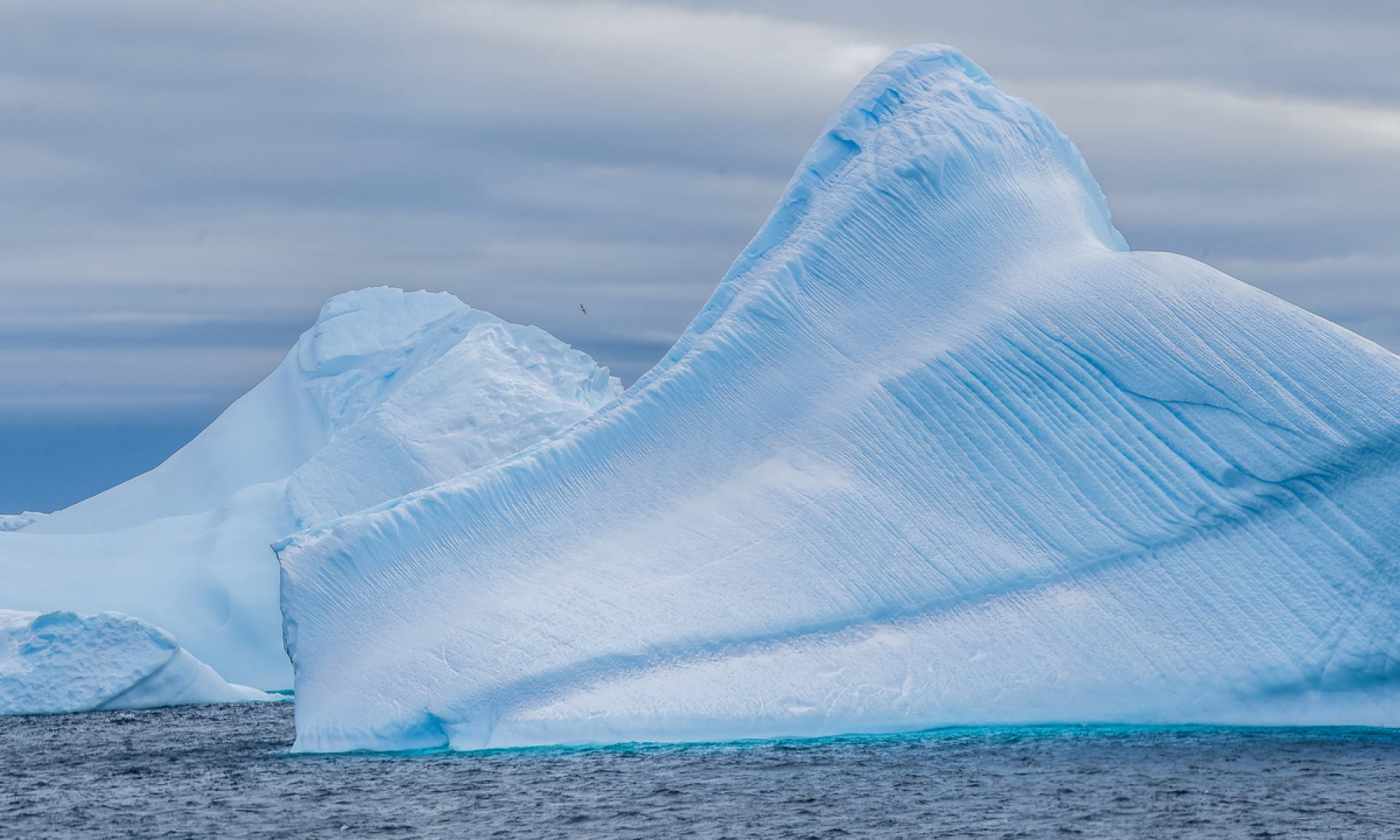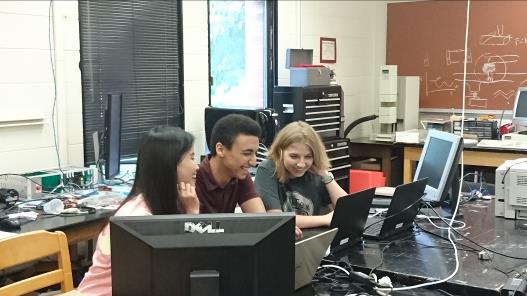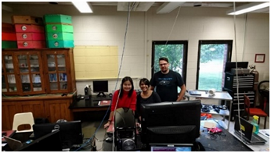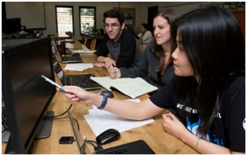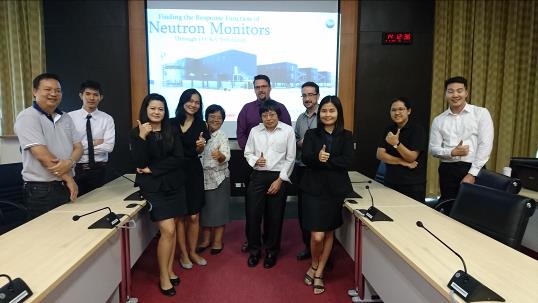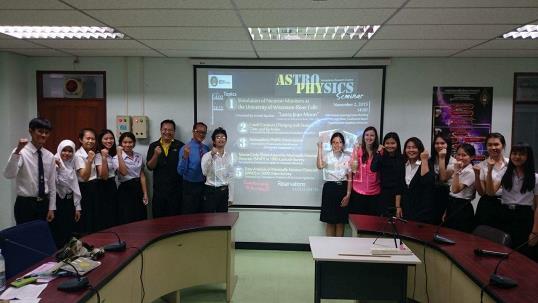This research group leads by Dr. Waraporn “Fhon” Nuntiyakul. She has been a physics professor at Chiang Mai University (CMU) in Chiangmai since December 1, 2018, in Chiang Mai, Thailand. In summer, 2019 was her fifth summer at the University of Wisconsin-River Falls (UWRF) in the USA. She first came in the summer of 2015 to add cosmic-ray science using neutron monitor data to the summer program at UWRF. Cosmic rays are highly energetic particles, primarily atomic nuclei, that are accelerated to nearly the speed of light in extreme environments in space. If cosmic rays originate from the sun, they are referred to as solar energetic particles, while those from outside our solar system are galactic or extragalactic cosmic rays. Cosmic rays that arrive at Earth will collide with a nucleus in the atmosphere, producing a shower of secondary particles that also interact and decay, resulting in neutrons that can be detected with monitors on the surface of the Earth. The neutron rate in the neutron monitors depends on the primary cosmic ray flux and geomagnetic location of the monitor. The rate is also sensitive to changes in the magnetic field in the solar system due to solar activity. Cosmic-ray detection with neutron monitors allows the study of space weather, which can produce storms that disrupt and damage technological and biological systems. From transferring her research knowledge to students and sharing research experience to IceCube collaborator in UWRF for five years (summer 2015-2019), eventually, she received an excellent opportunity to have a formal collaboration with IceCube working on astrophysics research as she ever dreamed. She also succeeded in bringing Thai undergraduate students to work on research at the South Pole for two consecutive years in summer 2018 and 2019. This opens a new opportunity for polar science research or Antarctic research in Thailand.
What is she going to do to accomplish first small step of Antarctic research in Thailand?
She had worked at Chandrakasem Rajabhat University (CRU) where is an education university in Bangkok, Thailand, for 11 years before moving to teach at CMU in Chiang Mai. During that time, she was preparing some undergraduate students who were interested in Astrophysics, and they were not in Physics major. The students had a research meeting every week and did small projects so that they had practical experience with the research program. She has attempted to find a full grant to support two Thai students to attend the 10-week summer program at UWRF since then. In preparation for this, she gave them some relevant essential background and gave them some small research projects. She motivated the students to study English online and regularly discuss their work with collaborators at UWRF via teleconferences like Zoom or Skype. During the introvert period in Thailand before attending the summer internship in UWRF where there will use the English language in the discussion.
She hopes that this way would enhance the international collaboration that has developed researches of the neutron detectors at the South Pole. It will advance understanding of space weather by characterizing spectral variations of Forbush Decreases in the Galactic cosmic ray flux with those detectors. She has begun preliminary discussions on establishing broader student exchange collaboration, initially based on the neutron monitor project, with the UWRF. This has the potential not only to provide opportunities for Thai students to work on the detectors at the South Pole but also to expand the scale and scope of Antarctic research in Thailand.
What she would like to do in parallel to accomplish her goal aside from creating professional researchers in Thailand is to develop a program at the education universities such as Rajabhat Universities or likewise located throughout Thailand, more than 40 places to introduce Thai undergraduates to Antarctic researches. Since these students are primarily pursuing careers as high school teachers, the hope is that this will ultimately result in a general increase in awareness of Thai people as to the worldwide effort to save Antarctica for scientific research. Individually this can be done in collaboration with Professors James Madsen and Surujhdeo Seunarine of the UWRF. They have an extensive program to promote undergraduate research involving the IceCube Neutrino Observatory and the neutron monitors at the South Pole.
A human never goes far without science. We want to share our knowledge with young students in Thailand and inspire them to have scientific thinking.
